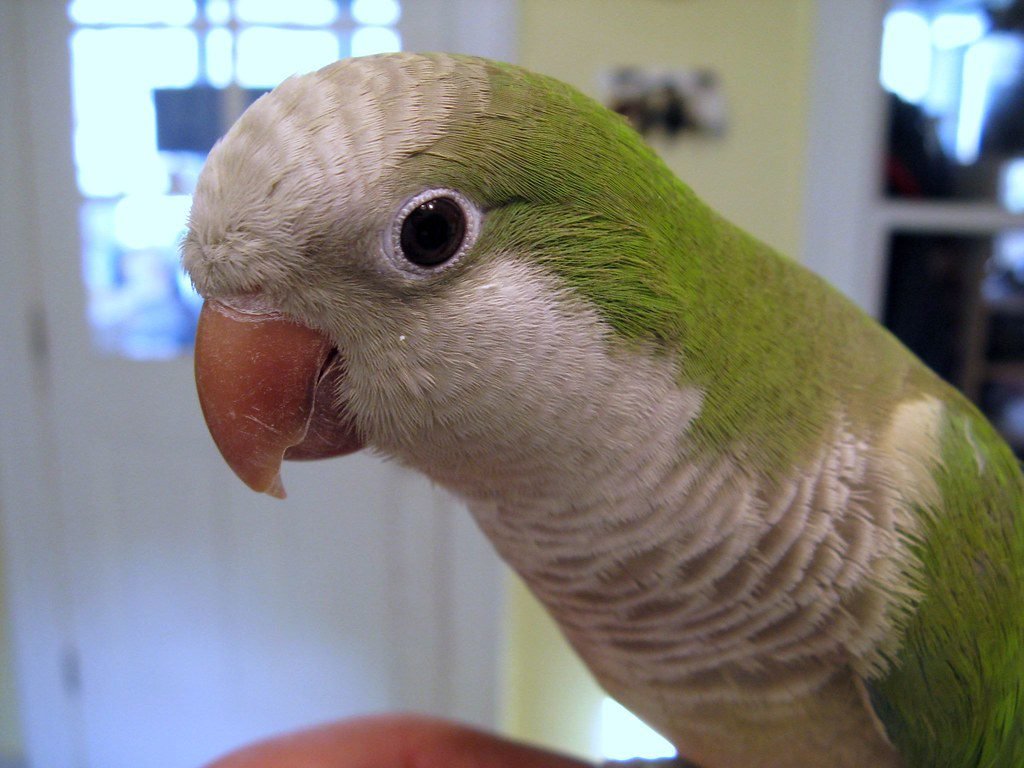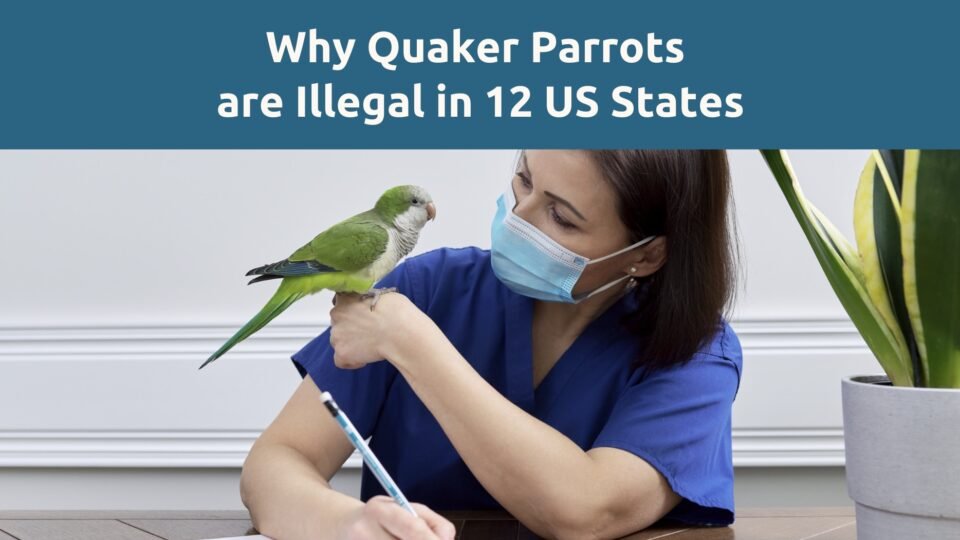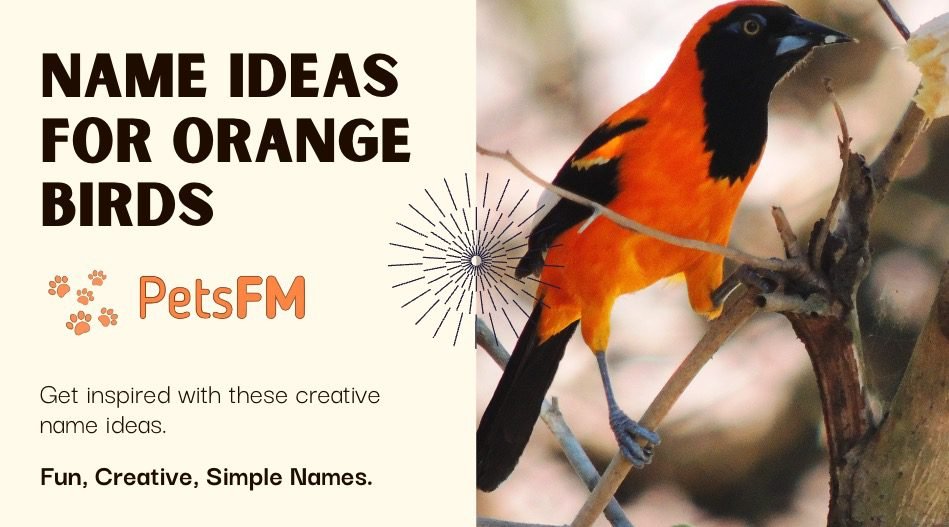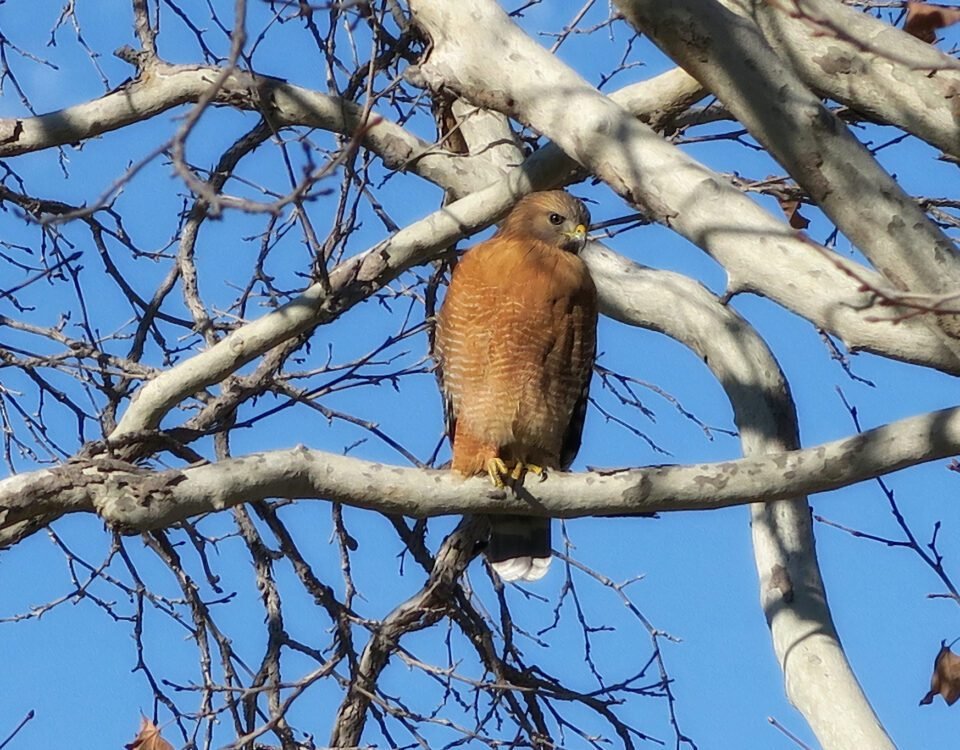


100+ Bird Names In Marathi With Translation in English
December 31, 2023


Do male dogs mate with their mother when they reach puberty?
December 31, 2023The Quaker parrot, classified as an invasive species, faces illegality in various regions. These birds, renowned for their adaptability and intellect, have the potential to ascend the ecological hierarchy. This can lead to the disruption of local wildlife and agricultural systems. Moreover, they are perceived as a health hazard and infamous for causing considerable power outages due to their propensity to chew on items, particularly electrical cables.
It’s fascinating how the Quaker Parrot has made it onto the list of illegal species. We’ll explore the reasons behind the illegality of the Quaker Parrot.
What Is A Quaker Parrot?
The Quaker parrot, also known as the Monk parrot, is a vibrant green bird with a grey chest and a yellow underside. Recognized for its high intelligence and social nature, it has a lengthy lifespan, making it a favored pet from the 1960s through the 1980s.


Quaker Parrot
This woodland bird thrives in the company of its peers, often displaying a humorous character, as observed by many owners.
Native to regions like Bolivia and Southern Brazil, the Quaker parrot is unique among parrots for its nest-building behavior, often constructing large, communal nests with several chambers. Additionally, this powerful bird shows a remarkable ability to adapt to life in captivity.
Why Are Quaker Parrots Illegal?
Here are the main reasons why Quaker parrots are illegal:
1: Agricultural Threat
Quaker parrots are banned or heavily regulated in numerous states due to their reputation as a menace to agriculture. These birds breed rapidly, laying between five and 12 eggs that hatch in about 24 days.
A single mating pair can produce up to six broods annually. When Quakers gather in large groups, they can wreak significant havoc on fruit and grain crops.


Quaker Parrots Agricultural Threat
In South America, they seriously threaten farms, feasting on crops like pears, peaches, corn, and apples. It’s estimated that Quaker parrots are responsible for consuming between 2% and 15% of agricultural produce in the region, with instances reaching as high as 45%.
These birds feed on cherries, grapes, corn, and pears in the United States, causing considerable agricultural damage.
2: Risk to Indigenous Bird Populations
Due to their aggressive and territorial behavior, Quaker parrots can monopolize a food source, preventing local bird species from obtaining sufficient nourishment.
These parrots kill smaller birds to maintain exclusive access to feeding sites, such as bird feeders or grain fields.
State authorities are concerned that if the Quaker parrot population is left unchecked, it could lead to a significant decline in the numbers of native bird species.
3: Noise and Hazard Concerns
Quaker parrots construct substantial communal nests using sticks and twigs. These nests can grow so large and heavy that they lead to the collapse of the structures supporting them.
These nests have been located on various structures, including power poles, radio towers, church steeples, and trees. In Florida, in 2001, these nests were a factor in causing 1,027 power outages, leading to a state expenditure of $585,000.
Furthermore, between 2003 and 2007, Florida is estimated to have spent between 1.3 and 4.7 million dollars on removing these nests. Additionally, large groups of Quaker parrots create a significant amount of noise, which can be a disturbance in residential areas. A group of 8-10 Quaker parrots can be audible up to five blocks away.
4: Health Risks
Quaker parrots are carriers of a disease known as psittacosis, which has the potential to be transmitted to humans. Annually, there are approximately typically less than 10 reported cases per year.


What is Psittacosis?
The symptoms of this illness include a dry cough, fatigue, muscle and joint pain, and headaches. While psittacosis can be effectively treated with antibiotics and is seldom fatal, it remains a concern.
Additionally, Quaker parrots can spread Newcastle disease and Exotic Newcastle disease, which are harmful to native bird populations and poultry, often resulting in fatalities.
U.S. States Where the Quaker Parrots Are Illegal
Quaker parrots are considered illegal in several states in the United States due to concerns about their impact on agriculture, native wildlife, and infrastructure.
The states that have banned the ownership of Quaker parrots include:
- California
- Georgia
- Hawaii
- Kentucky
- Kansas
- New Jersey
- Pennsylvania
- Tennessee
- Wyoming
- Rhode Island
- Connecticut
- Colorado
These restrictions are put in place primarily because Quaker parrots are considered invasive species that can compete with native bird populations, damage crops, and create large nests that may harm power lines and other structures.
U.S. States Where the Quaker Parrots Are Legal
In several U.S. states, including
- Utah
- Washington
- Texas
- South Dakota
- South Carolina
- Oregon
- Oklahoma
- North Dakota
- North Carolina
- New Mexico
- New Hampshire
- Nevada
- Nebraska
- Montana
- Missouri
- Mississippi
- Minnesota
- Michigan
- Massachusetts
- Maryland
- Louisiana
- Iowa
- Indiana
- Illinois
- Idaho
- Florida
- Delaware
- Arkansas
- Arizona
- Alaska
- Alabama
owning a Quaker parrot in these states is allowed without any specific legal constraints.
However, Quaker parrot owners must clip the bird’s wings in Ohio to prevent it from flying away. New Jersey and New York states have unique regulations for Quaker parrot ownership.
In New Jersey, it’s mandatory to submit certain documents to the Fish & Wildlife Division to own a Quaker parrot legally.
In New York, as well as in Virginia, owners must either keep their Quaker parrots indoors or ensure they are tied.
Furthermore, in Vermont, a regulation applies to all parrot species, not just Quakers. Every parrot in Vermont must be micro-chipped or at least carry some form of identification that reveals the breeder’s details.
What Can You Do With Your Pet Quaker Parrot?
Owning a Quaker parrot can be a delightful experience, but it also comes with a set of responsibilities, especially in areas where they are classified as illegal or invasive. Here are some recommendations for responsible ownership:
1. Understand and Comply with Local Laws
- Research Regulations: Before acquiring a Quaker parrot, check your state and local laws regarding their legality. This information can usually be found on wildlife or natural resource department websites.
- Obtain Necessary Permits: Keeping a Quaker parrot may require special permits in some areas. Ensure you have all the necessary documentation to own your pet legally.
2. Provide Proper Care and Stimulation
- Diet: Feed your Quaker parrot a balanced diet, including seeds, fruits, vegetables, and specialized parrot feed.
- Veterinary Care: Regular check-ups with an avian vet are essential to monitor the bird’s health.
- Enrichment: These intelligent birds need mental stimulation. Provide toys, puzzles, and interaction to keep them engaged.
3. Prevent Escape and Invasiveness
- Secure Housing: Ensure your parrot’s cage is secure and escape-proof.
- Wing Clipping: Consider regular wing clipping to prevent your parrot from flying away and potentially becoming an invasive threat.


Quaker Parrot in Cage
4. Plan for Rehoming or Relocation (If Necessary)
- Rehoming Networks: If you’re in a state where Quaker parrots are illegal, consider contacting bird rescue organizations or avian enthusiasts for safe rehoming options.
- Legal Relocation: Moving to a state where Quaker parrots are legal is another option. Ensure a smooth transition for your pet by preparing them for travel and their new home.
5. Participate in Awareness and Advocacy
- Educational Outreach: Share information about Quaker parrots, their needs, and their potential impact on local ecosystems.
- Community Involvement: Engage in or support initiatives that promote responsible pet ownership and wildlife conservation.
6. Emergency Response Plan
- In Case of Escape: Have a plan in place in case your parrot escapes. This could include having a trained response, known sightseeing areas, and contact information for local bird rescue groups.
- Stay Informed: Keep up-to-date with any changes in laws or regulations that might affect your ownership of a Quaker parrot.
By following these guidelines, you can ensure a safe, legal, and happy environment for your Quaker parrot while also respecting your community and local ecosystems.
Conclusion
Quaker parrots are considered illegal in various regions within the United States and globally, mainly due to their remarkable adaptability and ability to thrive in colder climates. This adaptability makes them potential invasive species.
They can rapidly increase in numbers, leading to competition for food with native bird species and damage to agricultural crops. Additionally, the substantial nests they build can pose risks to urban structures. Another concern is the significant noise they produce, especially in large groups that can number in the hundreds or thousands.



